
Day farmers outside Trichy, Photo: Klara Bengtsson.
Av: Klara Bengtsson
FUF Lund Magazine has interviewed Birgitta Göransson Liste, the chairperson of the Swallows India Bangladesh to hear about work, civil society and the role of rural- and community development. The organisation has been working with rural development in India and Bangladesh for the last 60 years. One area of focus has been small-scale organic agriculture.
29 april, 2021, English, Interview, Magazine

Members of various farmers associations are protesting against new laws impacting the agricultural sector, in Pendjab, India . Photo: Randeep Maddoke; randeepphotoartist@gmail.com, CC0, via Wikimedia Commons
Av: Anne Eliassen Theys
Since November 2020, thousands of Indian farmers protested on the streets of New Delhi against Prime Minister Modi’s agricultural reforms. Despite the fact that the government opposes international interference, this seemingly local matter has international consequences.
26 april, 2021, English, Magazine, News article
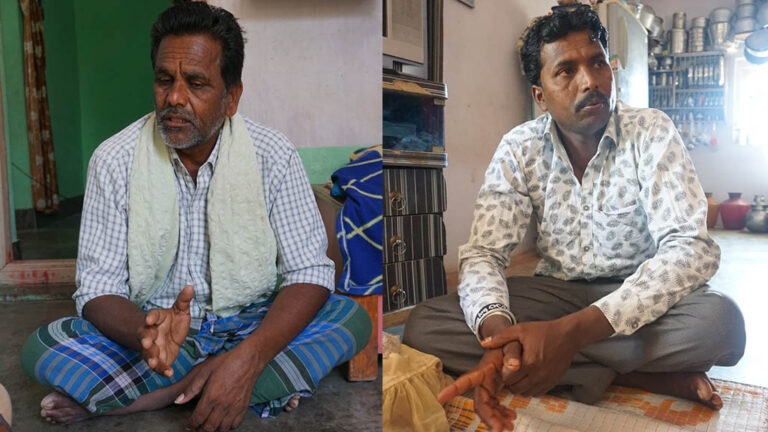
Venkateshappa and Ramamurthy have participated in trainings on the social and legal aspects of gender equality. Photo: Linda Zetterström
Av: Linda Zetterström
There is a strong women’s movement in India. Men’s participation in the movement is, however, still limited. In order to successfully work with gender equality, the women rights organisation Grameena Mahila Okkuta is educating men.
13 mars, 2020, Article, English, Magazine
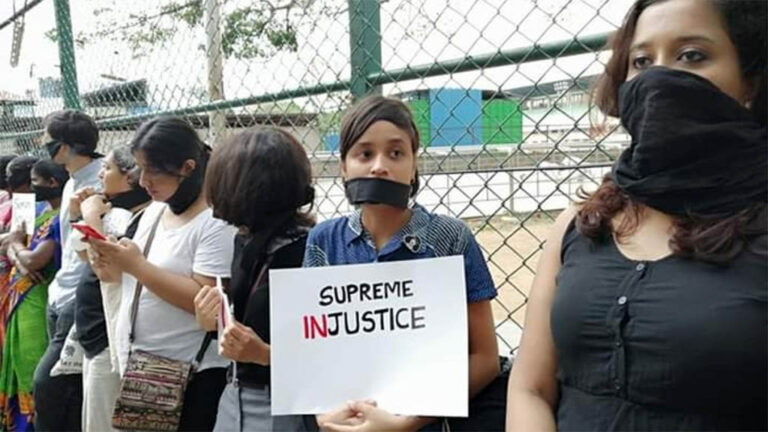
The #SupremeInjustice protests held in many cities across India in May 2019 were largely conceived, organised, and promoted online by gender activists. Photo: Padmalatha Ravi
Av: Shruti Sharada
A year has passed since #MeToo galvanised online gender activism in India. But as defamation cases rise and the accused remain powerful, activists need to look back at what made online activism so powerful in the first place.
31 januari, 2020, English, Guest piece, Magazine
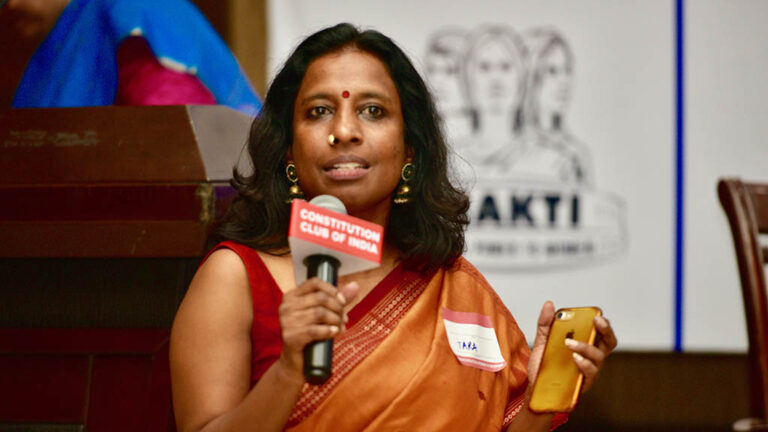
Tara Krishnaswamy, founder of the Shakti movement, states that India still hasn't had a feminist revolution. Photo: Shakti
Av: Josefine Nilsson
Even if the proportion of women in parliament increased after the 2019 election, the gender imbalance in Indian politics remains. FUF Magazine has interviewed one of the initiative-takers of the Indian movement Shakti, Tara Krishnaswamy, who is fighting for more women in politics.
30 januari, 2020, Article, English, Magazine
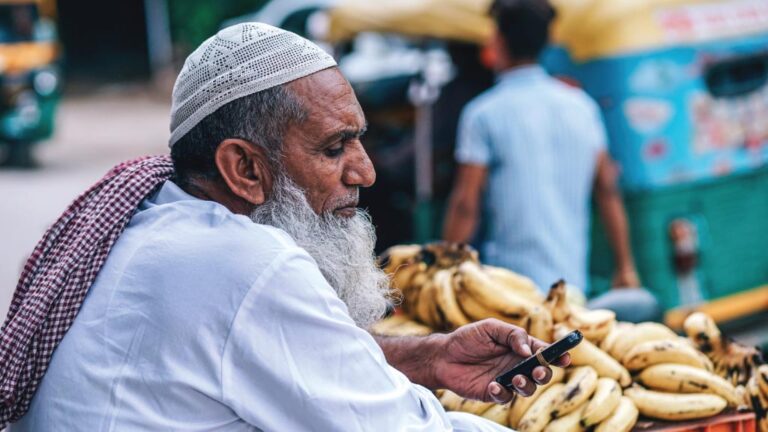
Adjusting technology to benefit development is tricky - but India might be heading straight into the future. Photo: Pexels.
Av: Fredrik Björksten
When the 1.3 billion people of India woke up on the morning of November 9th, 2016, many of them had become poor overnight. After Prime Minister Modi’s sudden decision to ban a staggering 86% of all cash in circulation, the 500 & 1.000 rupee notes had become nothing more than “worthless pieces of paper” and […]
Läs mer »
6 mars, 2019, Editorial, English, Magazine
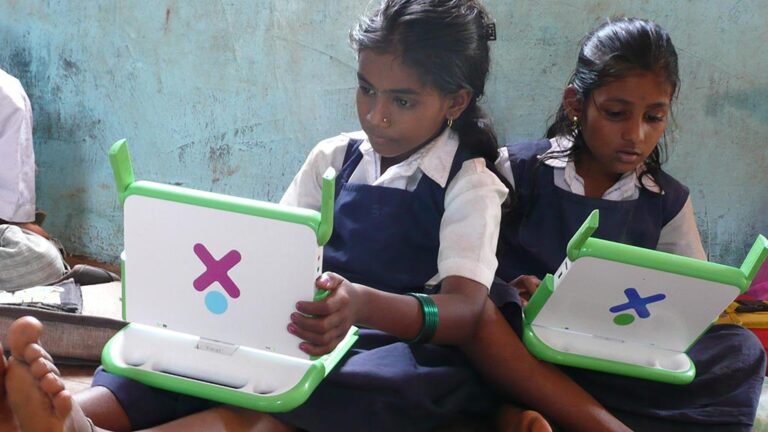
The ‘XO’ Laptop aims to connect children across the world to new educational opportunities. Photo: One Laptop Per Child, Flickr.
Av: Siobhán Coskeran
New technologies have the potential to provide educational opportunities in underprivileged contexts. Examples from India, however, show that it is not only innovative technologies that are important, but innovative uses of technology.
6 mars, 2019, English, Long read, Magazine
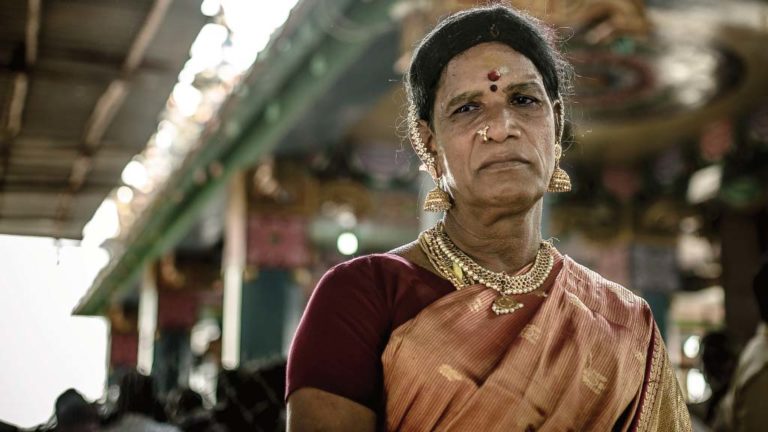
A hijra (term for individuals in South Asia who feel neither male or female) at the annual Transgender Festival in Koovagam, India, in 2017. Photo: Lingeswaran Marimuthukumar, Flickr.
Av: Hanna Geschewski och Lauren Tropeano
What happens if you don’t behave like your gender ‘should’? Examples from Native American, Indian and Iranian cultures highlight that gender is diverse, but that the acknowledgement of gender variance doesn’t necessarily make us inclusive.
10 december, 2018, Article, English, Magazine








